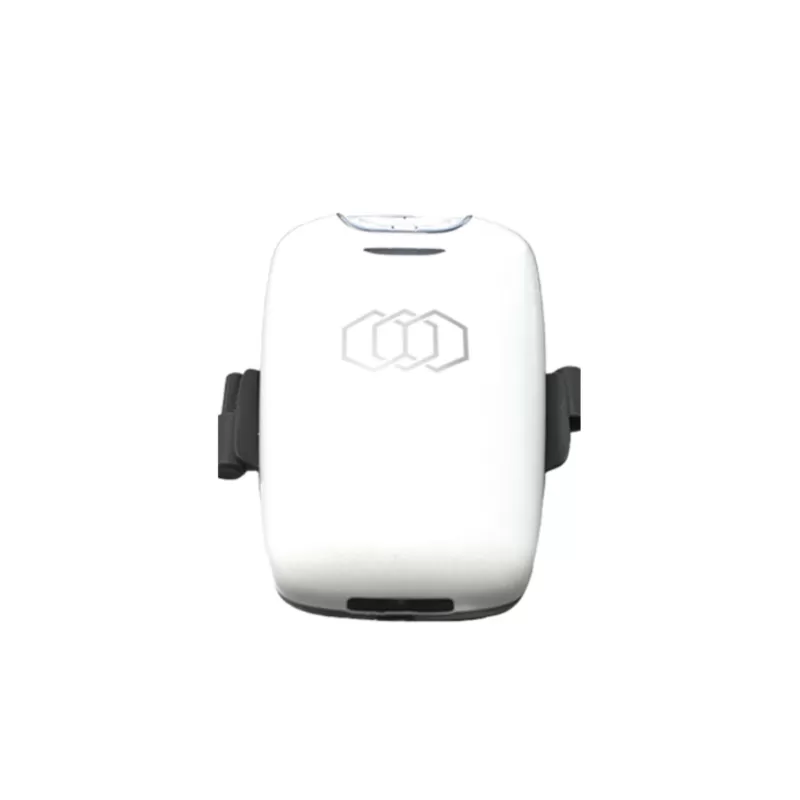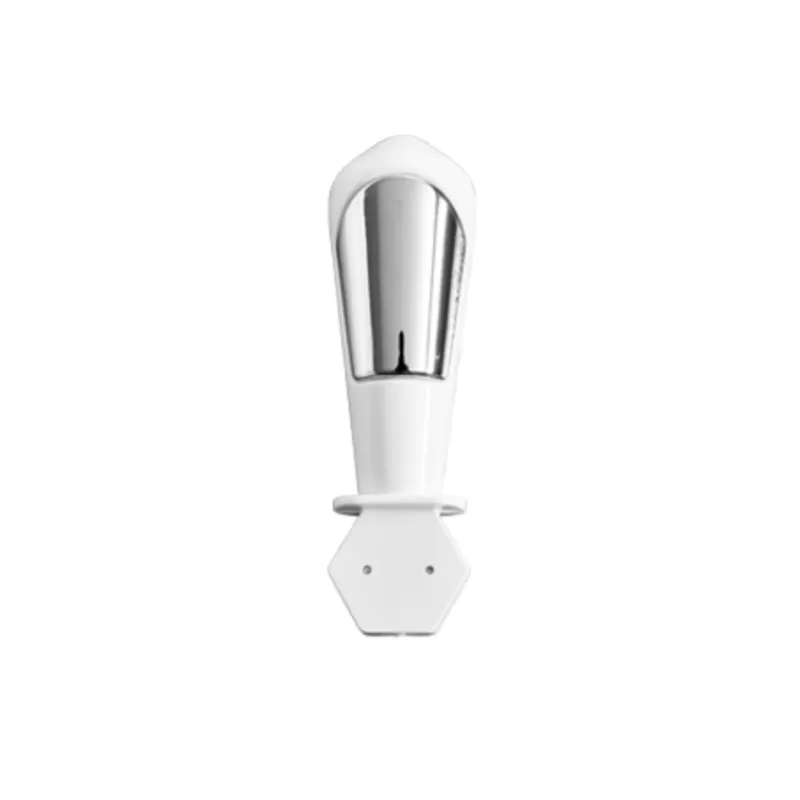Genitourinary syndrome of menopause (GSM) or vulvovaginal atrophy (VVA)
Genitourinary syndrome of menopause (GSM) or vulvovaginal atrophy (VVA)
Genitourinary syndrome of menopause (GSM) or vulvovaginal atrophy (VVA)
Condition
Is menopause causing dryness, discomfort, urinary incontinence and symptoms of sexual dysfunction? Revitalise and restore your delicate feminine area with the most advanced technology without hormone therapy here at The R Clinic.
What is Genitourinary syndrome of menopause?
What is Genitourinary syndrome of menopause?
The genitourinary syndrome of menopause (GSM) is a relatively new term for the condition previously known as vulvovaginal atrophy or atrophic vaginitis. GSM is a progressive, vulvovaginal, sexual, and lower urinary tract condition characterized by a broad spectrum of signs and symptoms. It is estimated that 50-70% of postmenopausal women will suffer from some degree of GSM.
What causes Genitourinary syndrome of menopause?
What causes Genitourinary syndrome of menopause?
Genitourinary syndrome of menopause is caused by a decrease in estrogen production. Less estrogen makes your vaginal tissues thinner, drier, less elastic and more fragile. GSM signs and symptoms may begin to bother you during the years leading up to menopause, or they may not become a problem until several years into menopause. Although the condition is common, not all menopausal women experience GSM.
How can we help?
How can we help?
As a women led team at FEMME, we understand the unique needs and concerns of women. Our mission is to empower women though innovative and state of the art treatments, helping to remove the stigma around feminine health.
While lifestyle modification and hormonal therapy are considered as the “standard”. RF treatment such as FormaV® and Morpheus8V® can offer an alternative to the existing treatment choices and has the potential to provide particular benefits for women in whom use of hormonal therapy is contraindicated.
At Femme by THE R CLINIC, we provide the most advanced feminine wellness solution to restore and remodel the delicate female anatomy.

FAQ
Have further questions or want to learn more?
What are the symptoms of GSM?
- Vaginal dryness
- Vaginal burning
- Vaginal discharge
- Genital itching
- Burning with urination
- Urgency with urination
- Frequent urination
- Recurrent urinary tract infections
- Urinary incontinence
- Light bleeding after intercourse
- Discomfort with intercourse
- Decreased vaginal lubrication during sexual activity
What lifestyle changes can help GSM symptoms?
- Wear cotton underwear and change underwear daily. Consider going without underwear when possible e.g. going to bed.
- Avoid, or limit, time spent wearing tight-fitting underwear, pantyhose/tights, jeans or trousers as this may lead to sweating. Limit time in damp or wet swimming costumes or exercise clothing.
- Wash clothing with non-perfumed or low-allergenic washing products. Avoid use of fabric softeners.
- Avoid use of feminine hygiene sprays and douching. Avoid pads, tampons and toilet paper which are scented.
- Avoid shaving or waxing the genital area, particularly if irritation is present. Gently wash the skin of the genital area with plain water only. Avoid the use of soap, liquid soap, bubble bath and shower gels and use soap alternatives. Always pat dry as opposed to rubbing.
- Use a vaginal lubricant or moisturiser for sexual activity
- Quit smoking
What are the risk factors for developing GSM?
- Smoking. Cigarette smoking affects your blood circulation and may lessen the flow of blood and oxygen to the vagina and other nearby areas. Smoking also reduces the effects of naturally occurring estrogens in your body.
- No vaginal births. Researchers have observed that women who have never given birth vaginally are more likely to develop GSM symptoms than women who have had vaginal deliveries.
- No sexual activity. Sexual activity, with or without a partner, increases blood flow and makes your vaginal tissues more elastic
What is the difference between Genitourinary syndrome of menopause (GSM) and urinary tract infection (UTI)?
Both GSM and UTI’s can cause painful urination (dysuria). A UTI is diagnosed via urinary testing that shows inflammation and infection due to abnormal bacterial growth in the urinary tract. GSM tends to cause painful urination when the urine touches the thin vaginal tissue resulting in a burning sensation.
How is Genitourinary syndrome of menopause (GSM) different than Overactive Bladder (OAB)?
Symptoms can overlap in both conditions, but women with OAB tend to experience more urinary incontinence symptoms. Women with GSM tend to experience both vaginal and urinary symptoms together.




